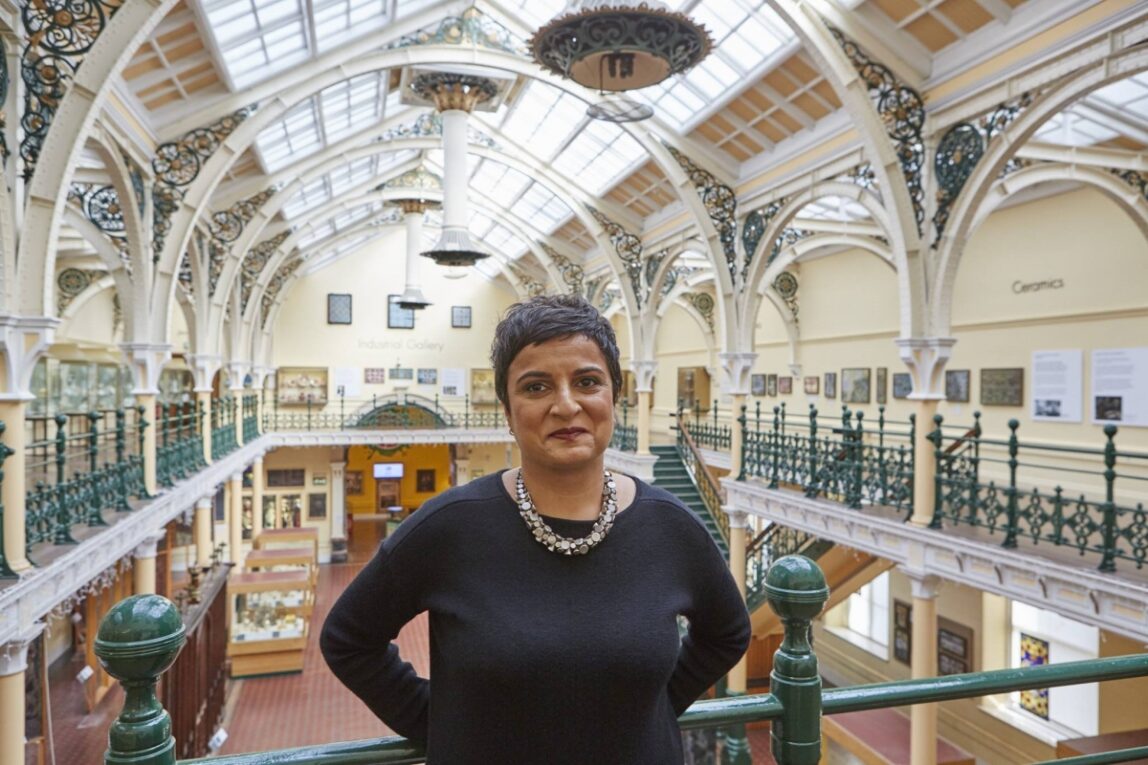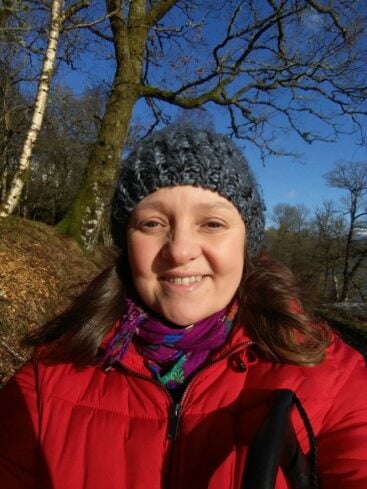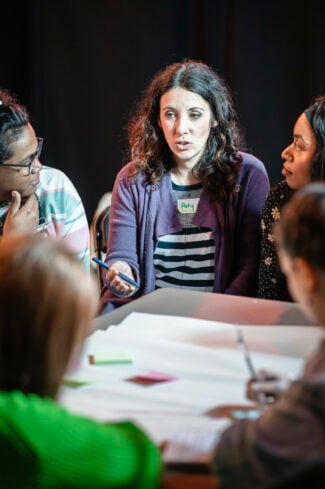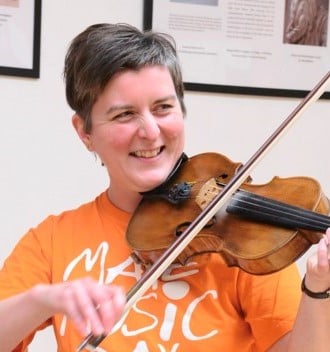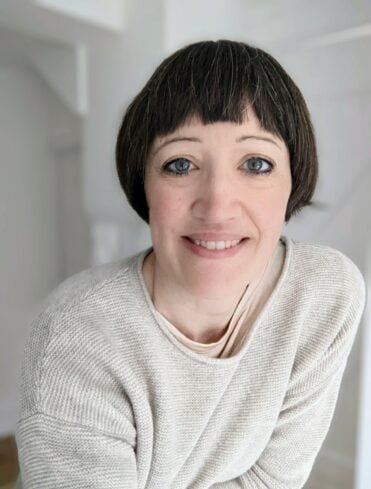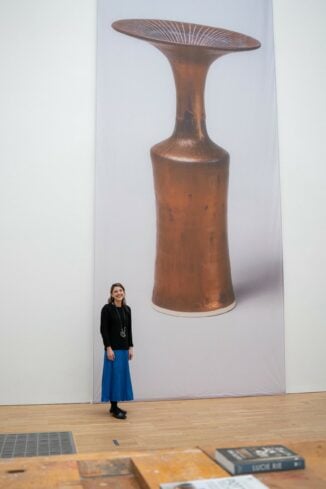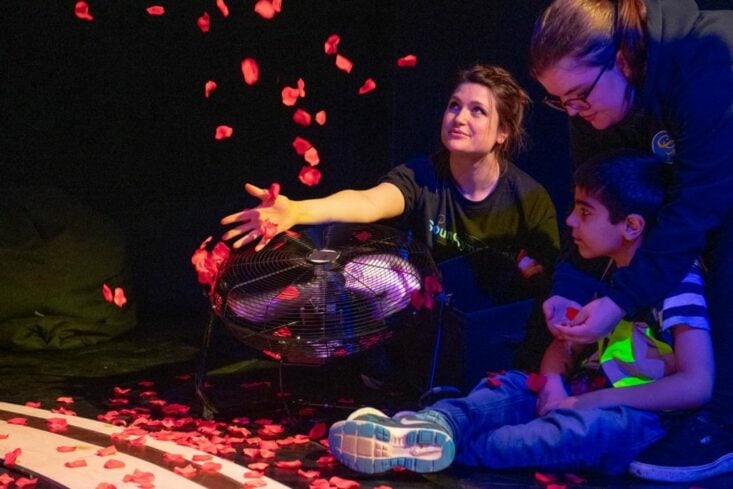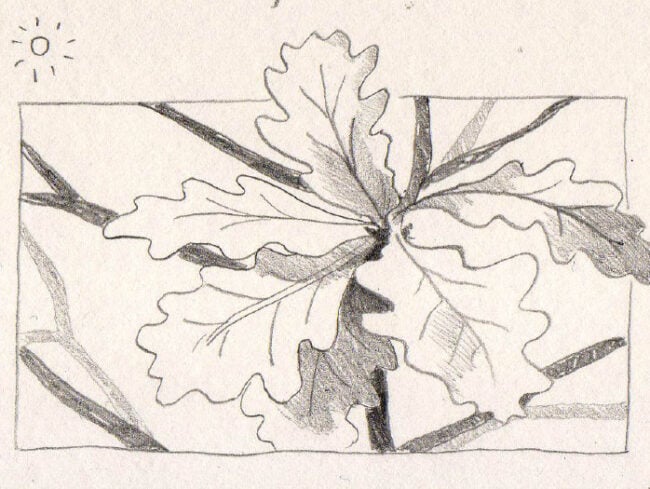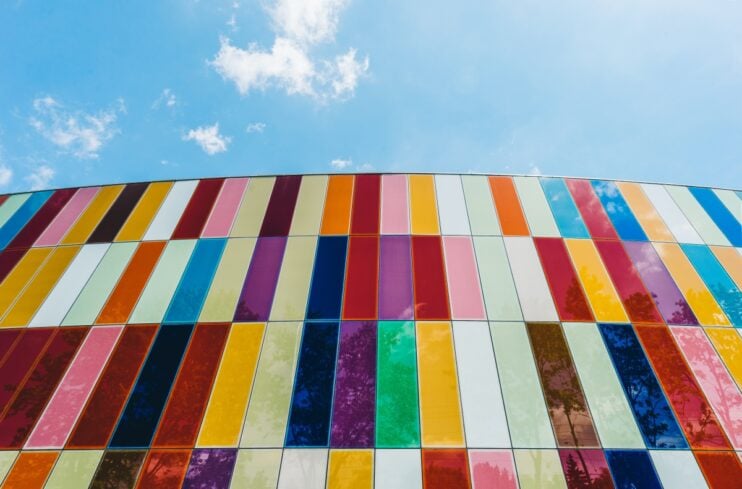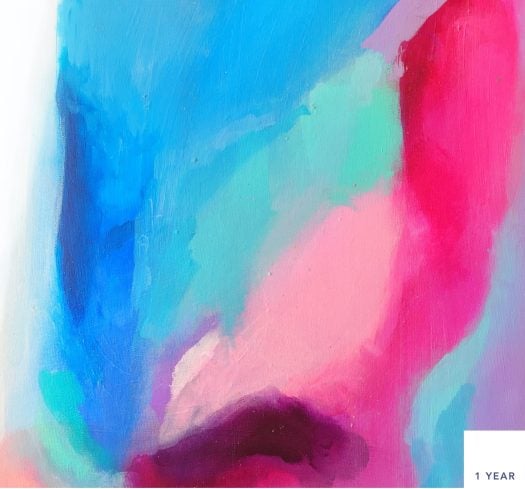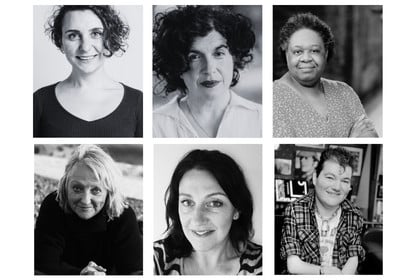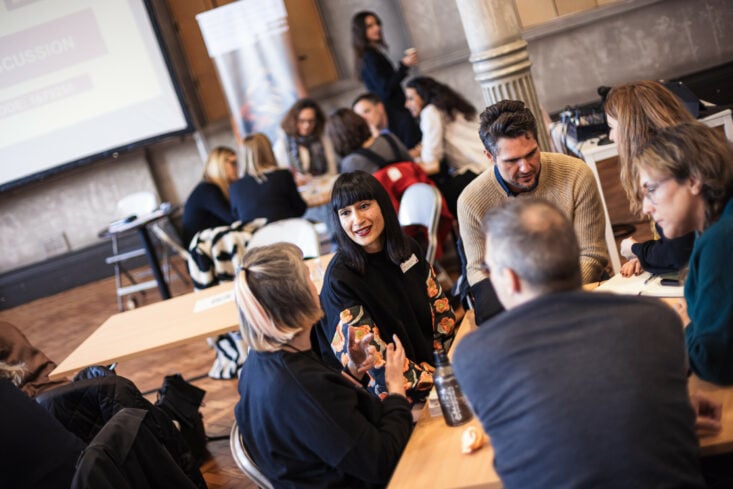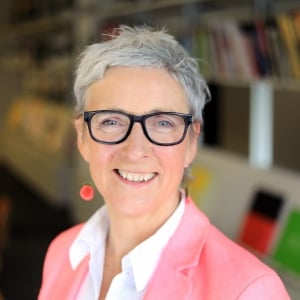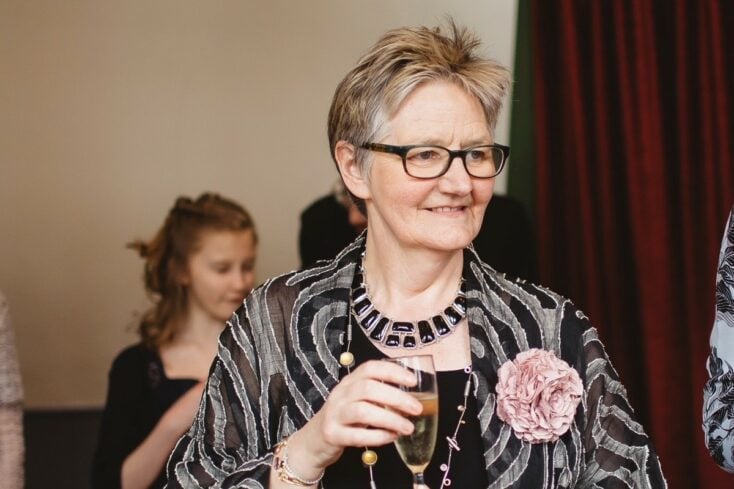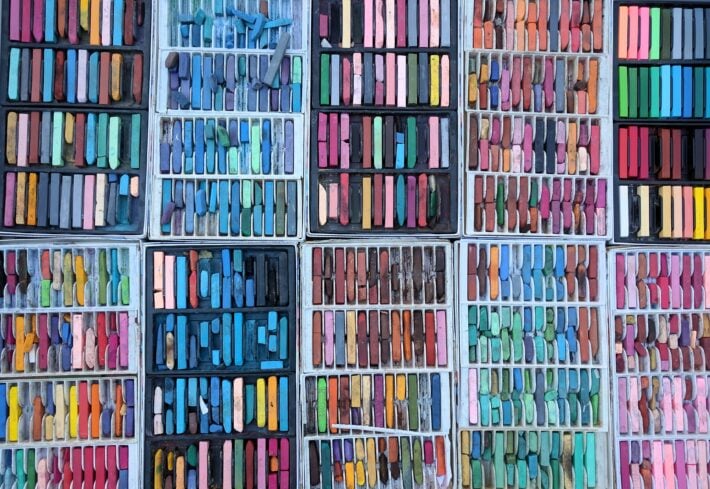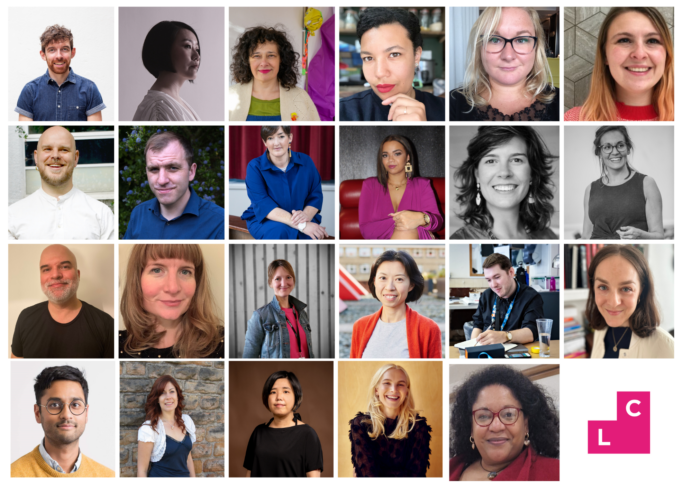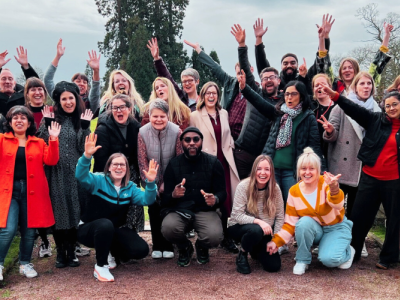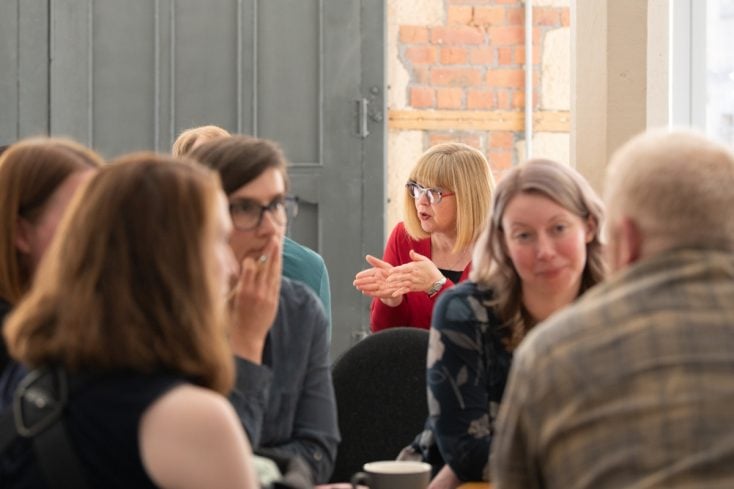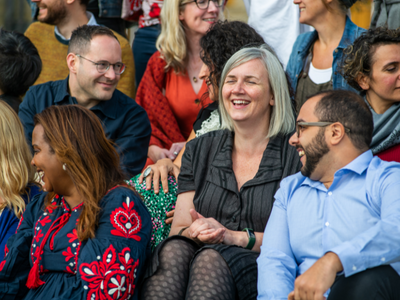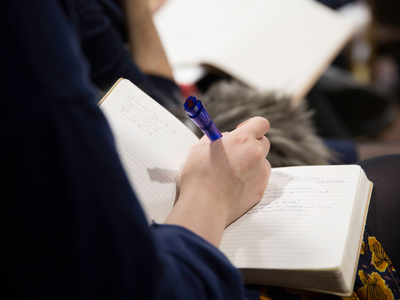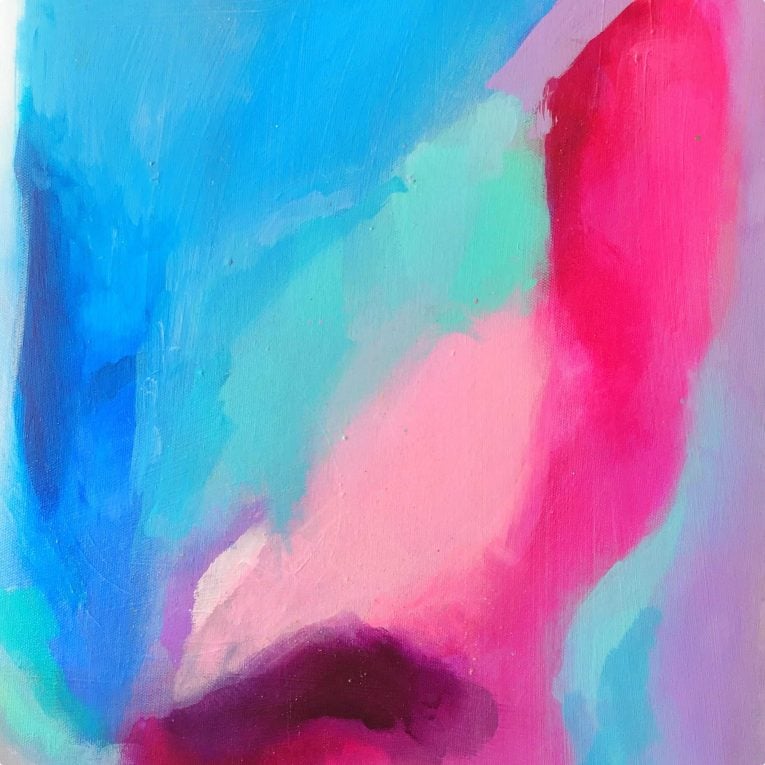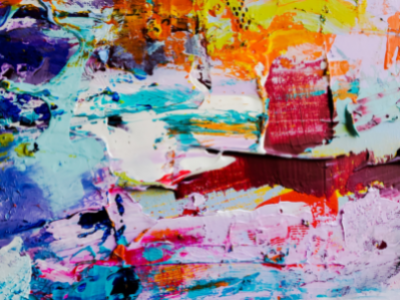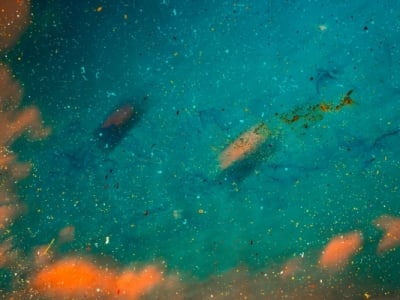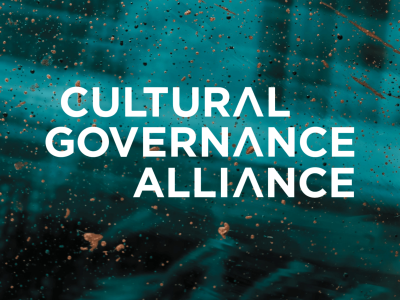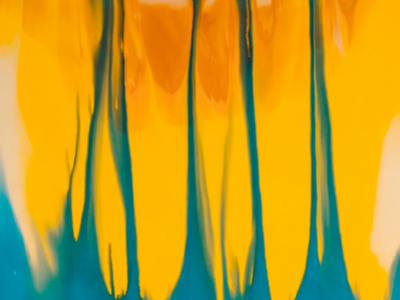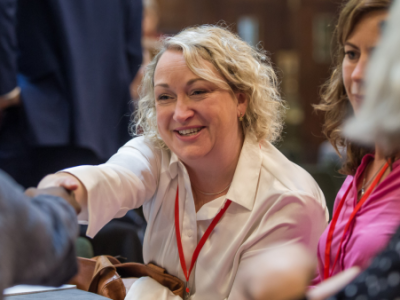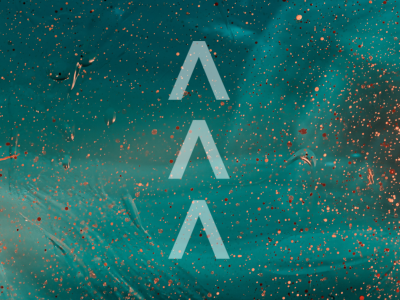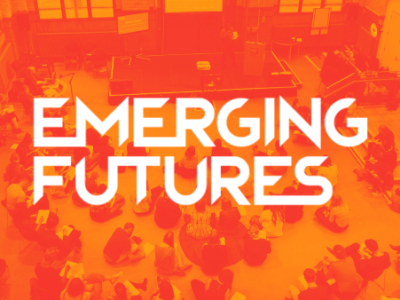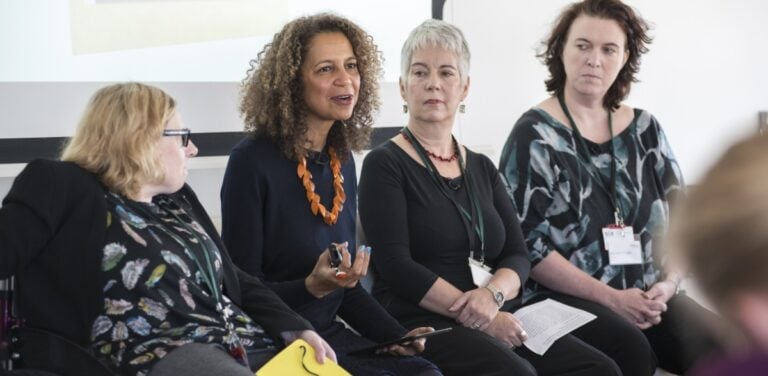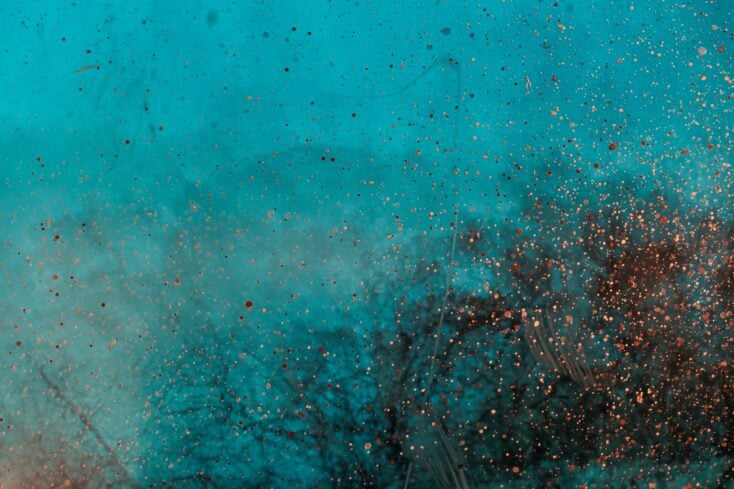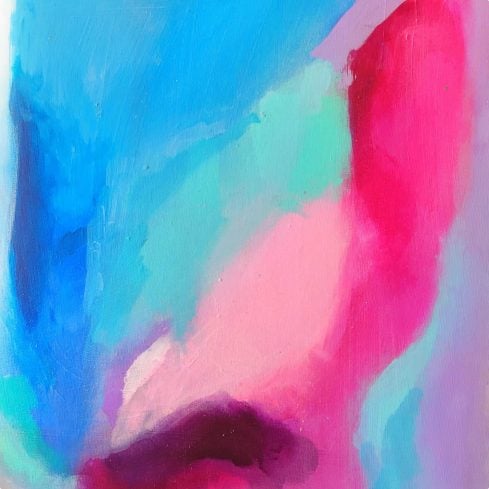On Kinships
Sara Wajid is Co-CEO of Birmingham Museums Trust and a founding force of Museum Detox.
I started my working life in what, back then, would have been described as independent black arts organisations. I went on to spend a number of years as a freelance writer, covering race, arts and cultural politics for publications including The Guardian, New Statesman, Wasafiri, Museums Journal and Times Education Supplement.
My editorial sphere was affirming and diverse during a period when creatives were following their own paths. This was the time of New Labour, which offered plenty of support for these types of careers.
Eventually I found myself working in the whitest field of the arts –museums. I quickly felt queasy in an environment where bullies were lurking, but no obvious protection was given. On the surface it was a polite and middle-class arena, but I knew the danger signs. These featured a roll call of being singled out in meetings, being considered ‘exceptional’ and framed as such, not having any ‘back-up’ in the room, everyday acts of racism going unchecked, racist narratives in the galleries, people of colour looking and feeling worn down and alone, Black staff predominantly working in manual labour roles …
I saw parallels with this world and that of my earlier, childhood experience. One of the reasons that I put so much stock in kinship, networks, and collective work today, is rooted in trauma. Back in Primary and Secondary school, I’d witnessed many years of my brother being bullied by white boys. He held the double difference of being Asian and being ‘exceptionally’ academic. The isolation experienced by high-achieving people of colour marked me deeply. Whereas I was in a little gang of five Asian girls, my brother was alone and subject to his persecutors. My ‘crew’ and my comparative ordinariness afforded me the protection that he didn’t benefit from.
Those memories from school were embedded and travelled with me far beyond my early education. I knew that those impressionable days at school were not how things should be, so I reached out to form a protective People of Colour circle (PoC) for myself, to relieve the pressure cooker. It was evident that many people needed this support even more than I did.
Museum Detox has now grown to be an internationally recognised and campaigning network with an incredibly self-sustaining support mechanism. Mine and Zak’s appointment would not have come about without the broad structure of creative and intellectual partnerships formed across disciplines, and perhaps most importantly, the everyday, PoC working all over the country who know they are not alone, and that they have back-up in the (virtual) room and can walk [even] taller.
There can be challenges though. Sometimes the protective space becomes suffocating. A lot of people need kinship and healing, but in trying to give it to each other we should be careful not to over-police behaviours or over-protect the space itself. When ideas and people are moving freely, playfully, and leisurely, it then becomes a liberating space rather than a proscribed place with a lot of rules or expectations; but it does need some managing to keep it relaxed and equitable.
People should use networks as they want, or feel free to retreat completely. For instance, things are different now that I’m a CEO. I wouldn’t want to crowd Birmingham Museum Trust staff who need that space, and don’t want to feel that the ‘boss is in the room.’ Equally, there are things that I wouldn’t want to share with the whole group. Therefore, I’ve got a small and close cluster of folks, who are the most senior PoC in their organisations. We all felt a strong need – in light of institutional responses to Black Lives Matter – that this smaller circle of trust is important and valuable.
Themes Inclusive Leadership Practice Qualities of Leadership
